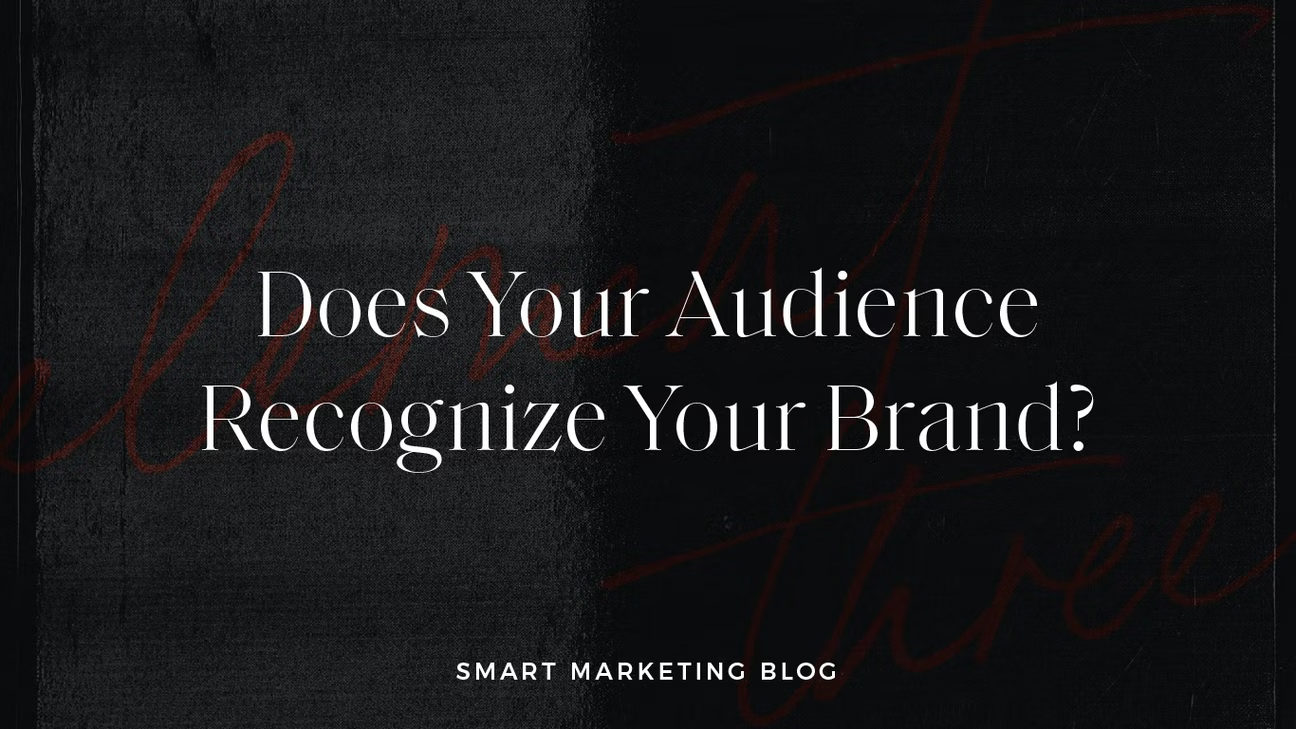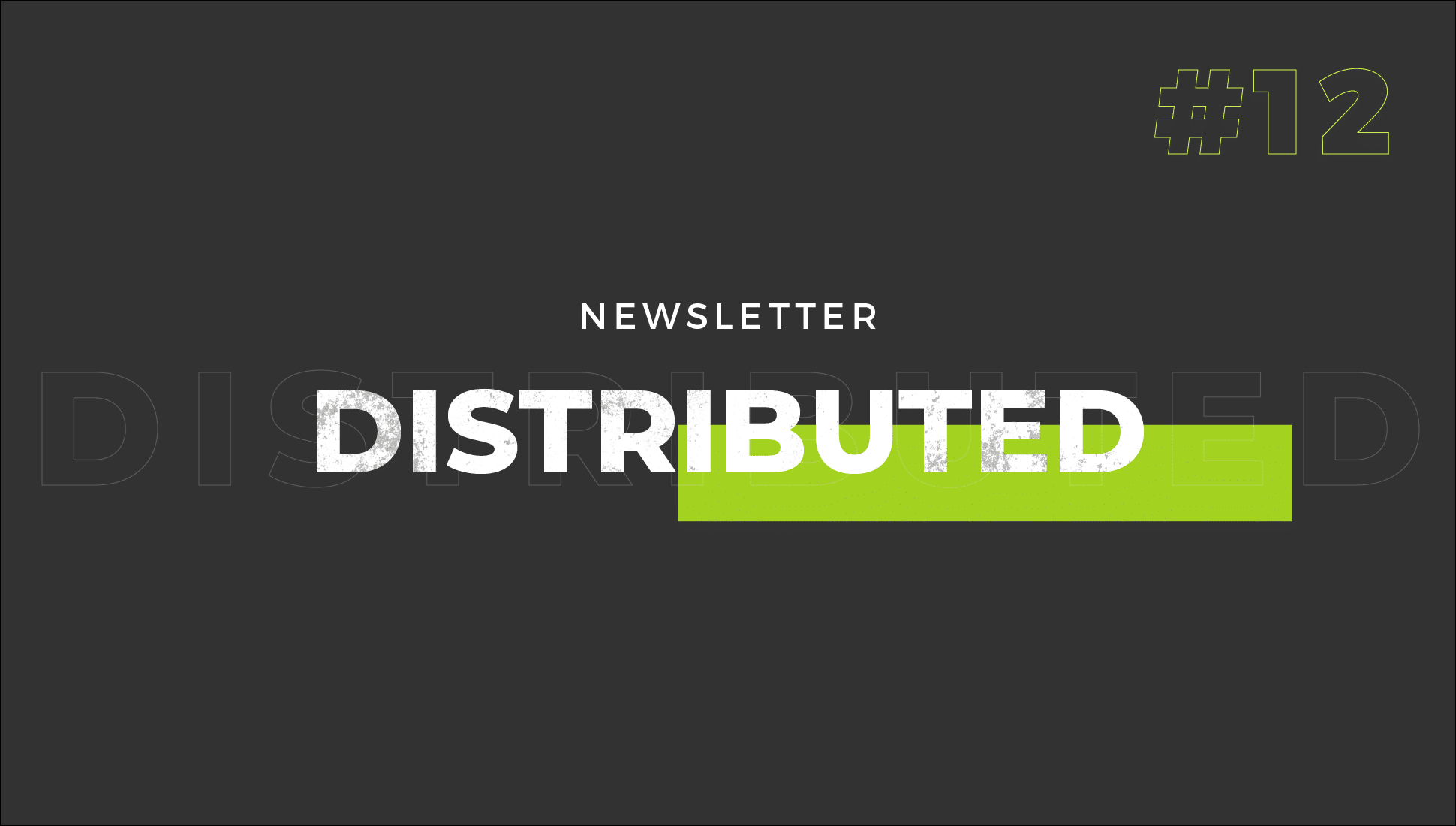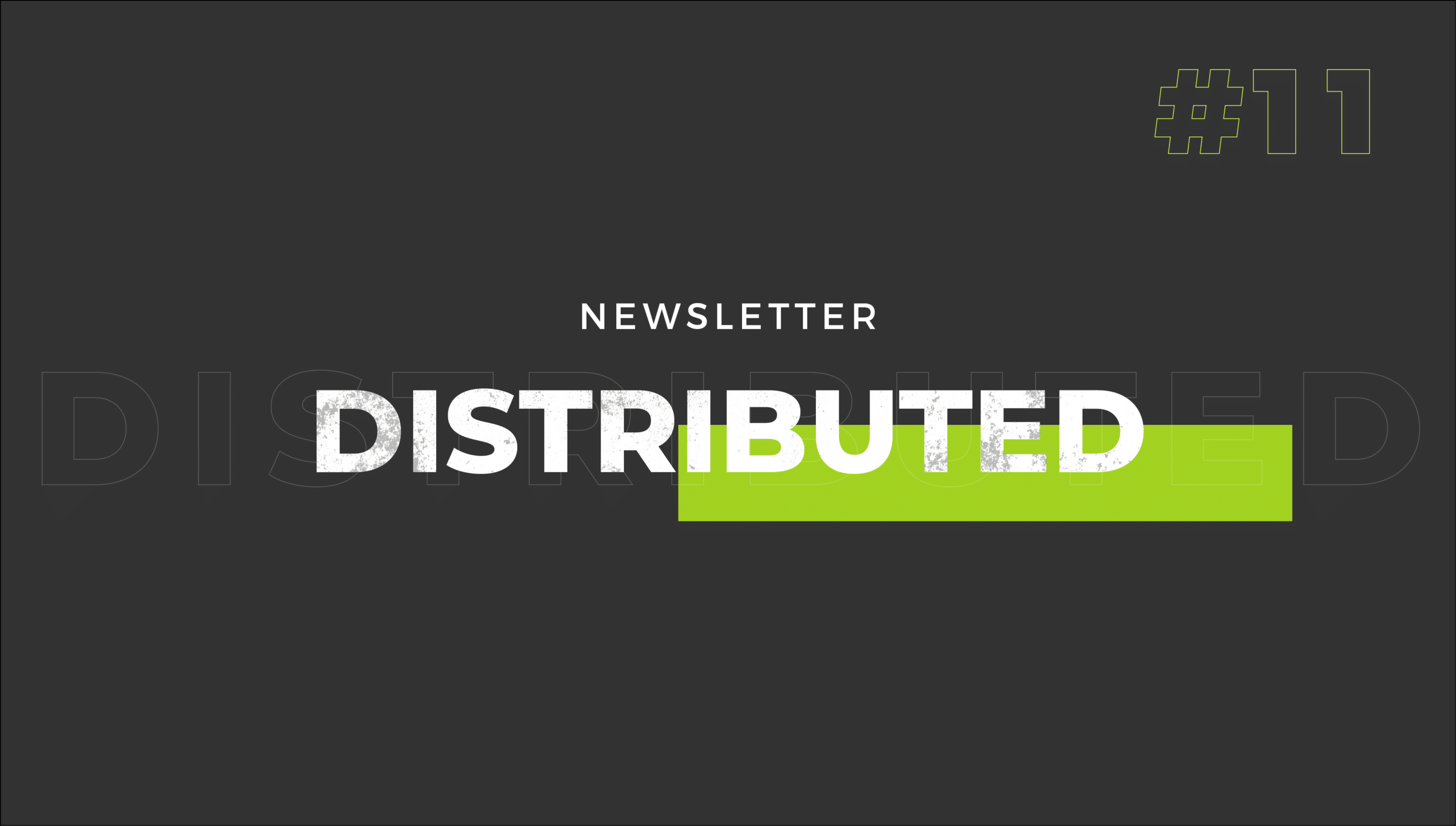A great brand is a great brand. Tough to build, but once you’re there, you’re golden, right? Well, not quite. Even the most brilliantly designed brand doesn’t do your business any good if nobody knows it exists.
This, of course, is where brand awareness comes in. So how do you describe brand awareness and what it means? Why does it matter? How can you build greater awareness for your own brand? Let’s get into it.
What is brand awareness?
Forgive me for engaging in cliche, but HubSpot describes brand awareness as “represent[ing] how familiar your target audience is with your brand and how well they recognize it. Brands with high brand awareness are generally referred to as ‘trending,’ ‘buzzworthy,’ or simply ‘popular.’”
In other words, brand awareness is exactly what it says on the label. It’s the degree to which people know about your brand. That, of course, makes brand awareness somewhat hard to measure—unlike some other marketing metrics, brand awareness isn’t always quantitative. You can certainly get an idea, though. You can measure the audience’s reaction to certain marketing engagements to see whether they’re keeping up with you, or you can even do your own market research to determine how your brand stacks up against others in your market.
But it’s important to know whether the people you’re trying to sell to actually know who you are or not, because brand awareness is crucial to the success of all the rest of your marketing. So how exactly does that importance of brand awareness bear out? Why do we care?
What are the benefits of brand awareness?
There are a number of ways that increasing the segment of your target audience that knows you well will help you to grow your business faster and smarter.
Brand perception
When you increase brand awareness, you’re doing more than simply saying “hi, we’re here” to your audience. You’re also molding the way that they think about you, whether they already knew your business or not. Whether it’s through typical advertising or something a little more fancy like branded content, you’re building awareness not only of your existence, but also of how you act and what you’re all about. If you’re suffering from negative brand perception, an awareness campaign is a great place to start working to turn that around.
Scale and growth
If you’re a business on the way up, you may already have amazing brand reach within your own native market. You might already be the big dog on your own block, so to speak. When you reach that point, you might think it’s time to branch out and try your hand in a new market, whether that’s looking for new audiences in the territory you already dominate or it’s trying to leverage that same audience in a new locale.
Either way, high brand awareness is going to help. It means the first time you reach out to someone is not likely to be the first time they’ve heard of you, and that, obviously, makes the whole prospect nurturing process that much easier. People tend to want to buy from someone they know. Brand awareness means more people know you.
Trust
It’s tremendously difficult to trust someone you don’t know. If you’re going in completely blind, it’s nearly impossible. But if you at least know someone’s reputation, well, that’s a start.
Your brand is your reputation’s delivery system. It puts a face to the name, it starts to build that relationship between business and customer that isn’t just important for long-term success, it’s part of what makes that first sale happen. Brand awareness also allows an avenue for feedback from prospects and customers alike—and responding quickly and intelligently is one of the best ways to show that you are worthy of that trust.
Equity
If nobody’s ever heard of you, it somewhat limits your brand playbook. It’s easy for Lamborghini to tell people to pay exorbitant amounts of money for their cars—their brand is in a place where not only are buyers aware that they stand for nothing more than quality, but paying a premium is actually part of the experience. Driving a Lambo doesn’t just tell the other drivers on the road that you have impeccable taste, it also signals that you’re well-off financially.
That’s only possible, though, because buyers and non-buyers alike know what Lamborghini is. Without brand awareness, your brand has far less value. You can’t leverage it to raise prices, or to drive social impact, or any of the other cool things you can do with a real top-shelf brand. The more people are aware of you, and the more they associate your brand with positive experiences, the greater equity your brand will have and the more space you have to play in.
Association
Brand association works two ways. They’re both higher-level brand accomplishments, but one’s a bit easier to achieve than the other. The first phase of brand association is associating your product or service with a pain or need. The classic example of this is how nobody calls a box of “facial tissues” anything but Kleenex. I’m not saying that you should be expecting the level of permeation into culture that Kleenex has, but really high levels of brand awareness will in fact start to look like that.
The other goes a bit deeper—essentially it’s the conversion of your brand into a “lifestyle brand.” Similar to the Lamborghini example I used earlier, a lifestyle brand is one that people are proud to associate with, and actively seek out. If yours is a lifestyle brand, you’re not just considered a smart purchase option, you’re actually an avenue for your customers to make a statement, to be cool, to join a movement.
Either way, brand association cannot start to increase in any meaningful way unless your brand awareness is already high. Nobody’s going to get psyched to buy from you in that way unless a lot of people already know who you are.
The natural question to ask next: how do you build brand awareness?
How to increase brand awareness
The short version is that you need to get your brand “out there.” Whatever audience you’re looking to serve, whatever geographic or digital territory you’re trying to carve out as your own—your brand has to exist there in order for awareness to build. But more specifically, there are some tactics that can help you increase your brand awareness.
Content
Content isn’t just blogs, of course. It’s everything you can produce that allows you to speak to your audience. Content includes things like blogs and white papers and e-books, but it also can be a podcast or webinar, it can be a series of videos, it can be an infographic. An event (in-person or virtual) could also be content. And your content can live anywhere—obviously owned media like your own website is important, but paid media like advertising is as well. And you can do guest spots on other sites to get the word out as well.
The important thing is to make sure this is all on brand. Whatever you’re creating has to fit the guidelines that have been set out for your brand, and you need to be cognizant of whether the content you’re creating is directed at the proper audience and whether it’s in the places your audience goes to seek out information.
But good content that lives in the right places will drive brand awareness, especially if it’s part of a larger nurturing campaign.
Rebranding
This is, obviously, not always necessary. Your brand might be awesome, aside from not being exposed to enough of the right people to drive awareness. But maybe, after doing a brand audit, you discover that one of the issues is that people are seeing your brand…they just don’t like it.
Don’t despair. Your brand does not have to be permanent. If the problem is less visibility and more quality, a rebrand is the answer. It’s a long and involved process, for sure, and it’s going to end up costing you some coin. But it’s worth it in the long run. It allows your business to show some personality, and really display what you’re all about rather than just whatever it is you’re selling.
If people aren’t responding to your brand, rework it. You’ll definitely get their attention.
Socialization
This might sound odd, but bear with me. Your brand needs to socialize. What does that mean? Well, first of all, it means that social media is a really important part of building brand awareness. You don’t have to build a social media following like MoonPie (although if that fits your brand, go for it). It doesn’t have to be ostentatious or weird. Just be there. Talk to your customers. Let them vent if they need to, and be responsive. Interact with your following and actively provide them ways to participate. You might not go viral, but people will know you’re there.
And beyond that, you can really get out there with appropriate sponsorships. You might not get on an NBA team’s jersey, but if there’s an event in your industry that looks promising, it’s worth the investment to participate. That, in fact, doesn’t even have to be through sponsorship—a representative, whether that’s the CEO or a subject-matter expert with public speaking skills, can present as well. Either way, people will see you, and that’s what it’s all about.
Brand awareness is a critical component of your marketing
The things that make your brand better are always going to make your brand better. But no matter how good your brand is, if nobody’s seeing it, you’re not going to see the benefits of the investment you’ve made in that awesome brand.
That’s why doing the work to build brand awareness is important. Think about what marketing is, at its core—it’s introducing people to your business, and moving them toward becoming a customer. That’s really, really similar to a lot of what we’ve just been talking about.
That’s why brand awareness is so important. It’s fundamental to what makes marketing work. People need to be introduced to your brand in order to be able to take any other step in your marketing process. So make sure that once your brand is what you want it to be, you’re doing all you can to introduce it to your audience.





